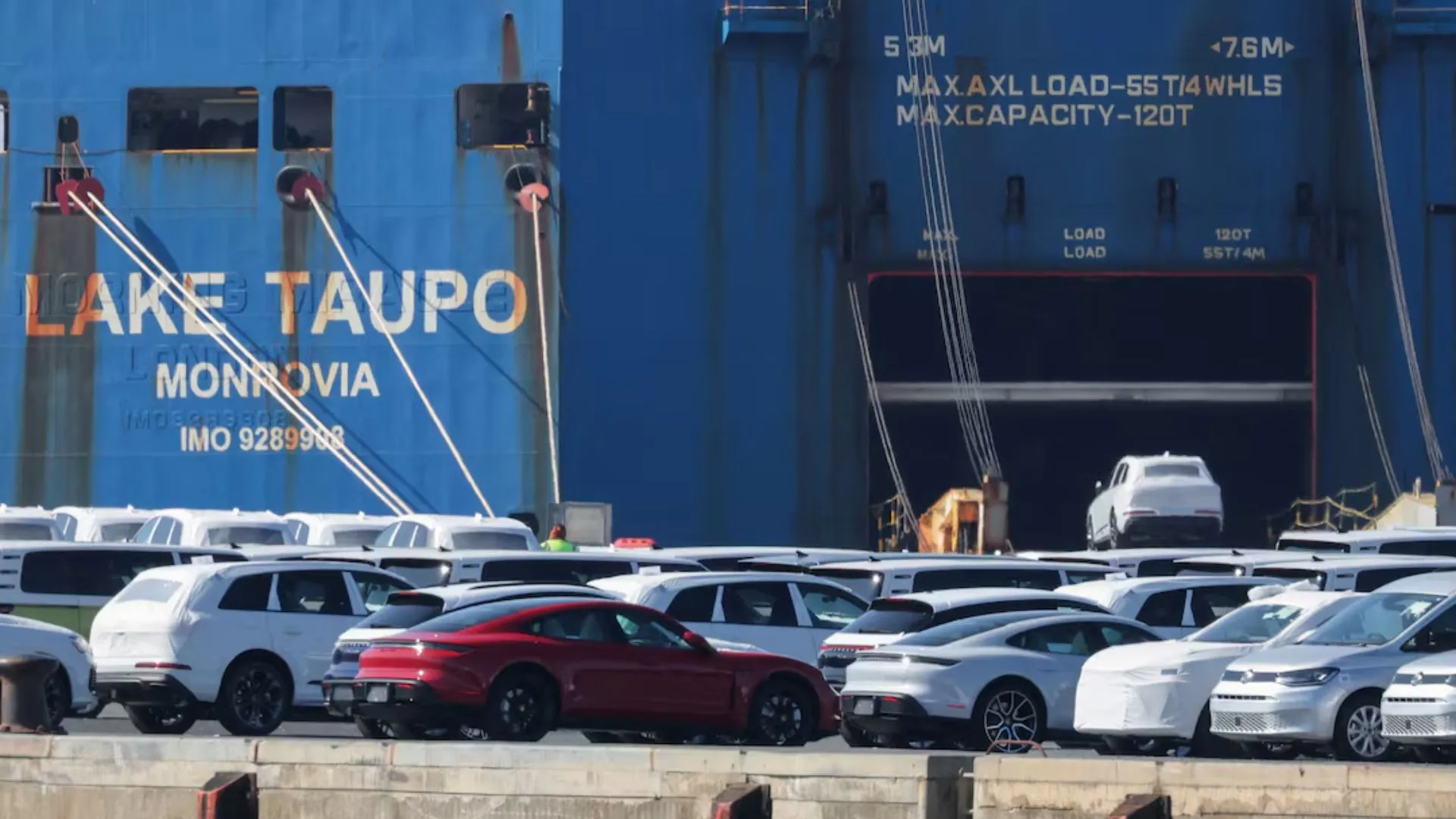Federal Reserve Chair Jerome Powell has raised concerns that President Donald Trump’s new tariffs could hurt the U.S. economy by pushing inflation higher and slowing down growth. He also said the Fed won’t change interest rates until it better understands the impact of the new trade policies.
Uncertainty Around Tariffs Clouds Fed’s View
Speaking to a group of business journalists in Arlington, Virginia on Friday, Powell said the U.S. central bank is dealing with a “highly uncertain outlook” due to the unexpected tariffs that President Trump announced earlier in the week.
Even though Powell said the current economy appears strong, he stressed that the new tariffs present a risk. The Federal Reserve, he noted, is watching inflation carefully and wants to prevent it from spiraling.
“Our obligation is to keep longer-term inflation expectations well anchored and to make certain that a one-time increase in the price level does not become an ongoing inflation problem,” Powell said in his prepared remarks. “We are well positioned to wait for greater clarity before considering any adjustments to our policy stance. It is too soon to say what will be the appropriate path for monetary policy.”
Trump Pushes for Rate Cuts While Markets React
Just hours before Powell’s speech, President Trump took to social media, urging the Fed Chair to cut interest rates. Trump accused Powell of “playing politics” and argued that rates should come down because inflation is already falling.
Meanwhile, markets have been reacting strongly to the president’s announcement of 10% tariffs across the board, including even higher retaliatory tariffs aimed at key U.S. trading partners. Stock markets have seen a wave of selling as investors try to understand what the tariffs might mean for businesses and consumers.
Tariffs Likely to Cause Price Increases
Powell made it clear that the scale of the new tariffs was larger than what the central bank had anticipated.
“The announced tariffs were significantly larger than expected,” he said.
“The same is likely to be true of the economic effects, which will include higher inflation and slower growth. The size and duration of these effects remain uncertain.”
This uncertainty, Powell explained, is a big reason why the Fed is not rushing into any decisions about changing interest rates just yet.
Markets Betting on Rate Cuts — But the Fed Is Cautious
Despite Powell’s careful tone, many on Wall Street believe that interest rate cuts are coming soon. Market indicators tracked by the CME Group show expectations that the Fed could cut rates by as much as a full percentage point before the year ends, possibly starting as early as June.
However, Powell reminded everyone that the Fed has a dual mission: to keep inflation under control while also supporting full employment. And at the moment, inflation is still running above the Fed’s preferred level.
Why Inflation Is the Bigger Concern Right Now
Powell said that part of the Fed’s job is to make sure people and businesses continue to believe that inflation will stay under control in the long run. That’s harder to do when sudden policy changes — like widespread tariffs — threaten to push prices up.
“While tariffs are highly likely to generate at least a temporary rise in inflation, it is also possible that the effects could be more persistent,” he said. “Avoiding that outcome would depend on keeping longer-term inflation expectations well anchored, on the size of the effects, and on how long it takes for them to pass through fully to prices.”
Recent data shows that core inflation — which excludes volatile food and energy prices — was rising at an annual rate of 2.8% in February. That’s well above the Fed’s official 2% target, even though overall inflation has recently shown signs of calming down.
For Now, the Economy Remains Strong
Despite all the concerns around tariffs and inflation, Powell ended on a somewhat positive note. He said the broader U.S. economy is still doing well, at least for now.
“The economy is still in a good place,” he said, citing a solid labor market.
Still, he acknowledged growing public concern. Powell pointed to recent consumer surveys that show people are increasingly worried about inflation and becoming less optimistic about the future.
Even so, Powell said long-term inflation expectations — the Fed’s key concern — are still holding steady for now.






















